Biology42
Available for licensing
Indication
Phase II
Phase I
IND-enabling
Lead opt.

Hit-to-lead
Target ID
More programs in discovey





Medicine42
Science42
Large Language of Life Models (LLLMs)
LLM Assistant

Generative AI Software for Drug Discovery, Scientific Research & Sustainability
High Quality Therapeutic Programs Discovered Using Generative AI and Automation

Insilico Medicine 2-page overview
Interested in learning more about Pharma.ai?

Generative AI and Automation
for Longevity and Sustainability
for Longevity and Sustainability
How Early Protein Modeling Advanced to AI-Driven Drug Discovery with Insilico Medicine
In this lecture, Dr. Levitt describes how the work he began over 50 years ago has been vastly improved and expanded through the massive increase in computer speed and incredible advances in machine learning. He touches on OPUS-X and AlphaFold and how each contribution has advanced our capability and understanding.
Now, says Dr. Levitt, Insilico Medicine is using AI to create an entirely new AI-driven drug discovery pipeline from A to Z. Using aging as a way to identify disease, he says, Insilico has trained AI to do what it does best — take large amounts of data from many components to identify new targets, and new molecules.
Now, says Dr. Levitt, Insilico Medicine is using AI to create an entirely new AI-driven drug discovery pipeline from A to Z. Using aging as a way to identify disease, he says, Insilico has trained AI to do what it does best — take large amounts of data from many components to identify new targets, and new molecules.
Press Releases
Media Coverage
Publications

Most innovative biotechnology company in the world 2024
TNIK
TNIK Inhibitor: Treating Fibrotic diseases of the Lung and Kidney
USP1
Ubiquitin Specific Protease 1 (USP1) Inhibitor for the treatment of BRCA-mutant cancer
QPCTL
Glutaminyl-peptide cyclotransferase-like protein (QPCTL) Inhibitor: Novel cancer immunotherapy for COLD tumors
PHD
Proline Hydroxylase (PHD) Inhibitors: Treatment of Inflammatory Bowel Disease (IBD) and Chronic Kidney Disease (CKD)
MAT2A
Methionine adenosyltransferase 2α (MAT2A) Inhibitor: Treatment of MTAP Deficient Cancer
TEAD
Pan-TEAD Inhibitor: Treating Mesothelioma, and Solid Tumors
ENPP1
Ectonucleotide phosphodiesterase 1 (ENPP1) Inhibitor: Treating anti-PD-1/-L1 resistant cancers
KAT6
KAT6 Inhibitor: Treatment of ER+/HER2- Breast Cancer
DGKA
Diacylglycerol kinase A (DGKA) Inhibitor: Treating solid tumors in combination with checkpoint inhibitor
CDK12
Cyclin-dependent kinase 12 (CDK12) Inhibitor: Treating Tumors by Induction of BRCAness
FGFR2/3
FGFR2/3 Dual Inhibitor: Treatment of Solid Tumors
KIF18A
KIF18A Inhibitor: Treating chromosomally unstable cancers with TP53 mutations
3CLPro
Orally Available covalent irreversible 3CLPro Inhibitor for the Treatment of COVID-19 and Coronavirus infection















































